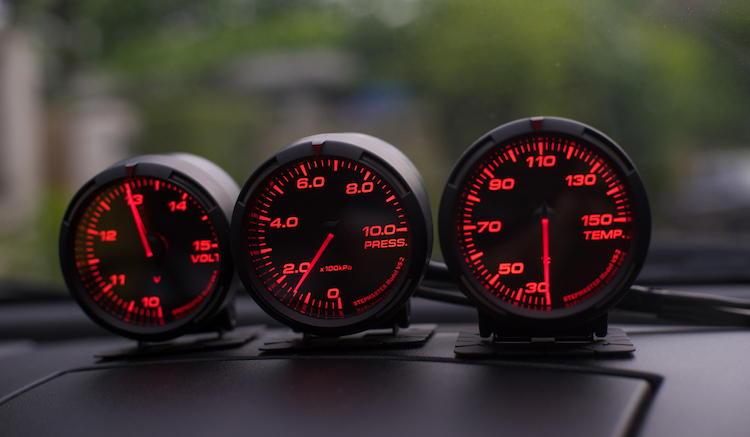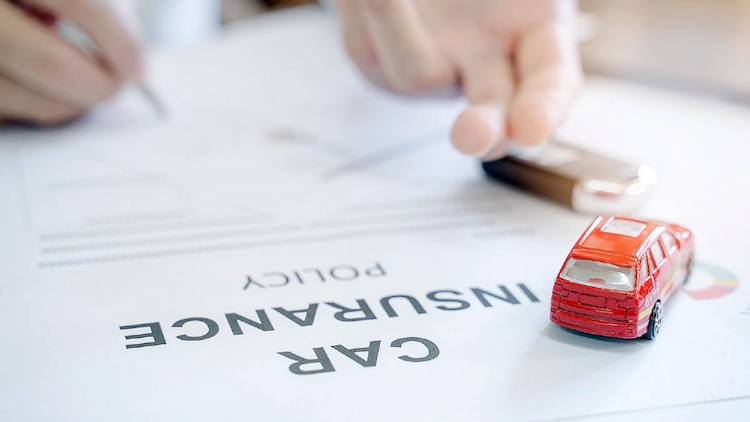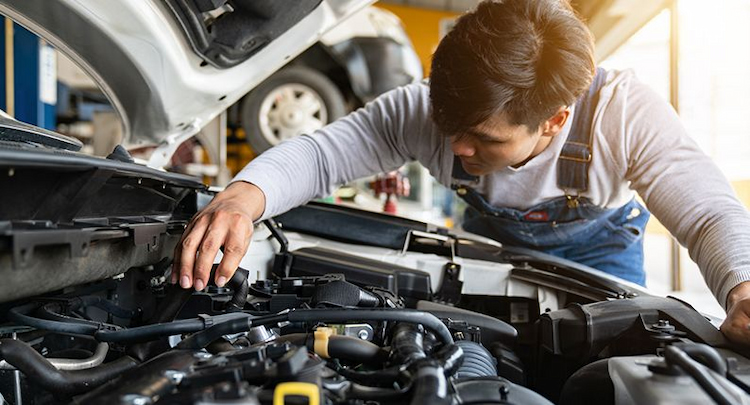
Things to Keep Track of On Your Vehicle
Contents
- 1 1. Your Vehicle’s Mileage
- 2 2. How Much Money You Spend Per Month on Vehicle-Related Expenses
- 3 3. How Much Time It Takes To Drive To Work Every Day
- 4 4. How Much Car Insurance You Pay Every Month
- 5 5. Your Vehicle’s Resale Value
- 6 6. How Often You Need To Get New Tyres
- 7 7. How Much Maintenance Your Vehicle Needs And When It Should Be Done
- 8 8. If Your Vehicle Needs Any Repairs And How Much They’ll Cost
- 9 9. How Much Fuel Your Car Uses Per Kilometre And How Many KIlometres Can Drive On A Full Tank Of Gas
- 10 10. The Number Of People Who Use Your Vehicle Every Day And How Many Kilometres They Drive Every Day
- 11 11. The Condition Of Your Vehicle
Keeping track of your vehicle’s vitals is a must. You need to know when your car needs oil changes, brakes replaced, or if it’s time for a new vehicle. But that’s not the only thing you should keep an eye on. There are other things you should be keeping track of as well. Here are some important ones:
1. Your Vehicle’s Mileage
This is one of the most obvious ones and also one of the easiest to keep track of. All you have to do is write down how many kilometres you’ve driven in the past month, then add that number to your spreadsheet at the beginning of the next month. This will help you see how much money you have left until you need to purchase a new car and also tell you if you’re driving too much (more on this in # 4). You can also keep track of this on your car gauge.

2. How Much Money You Spend Per Month on Vehicle-Related Expenses
This is one of those things that are easy to forget about, but it’s important to keep track of. You don’t want to find out at the end of the month that you spent way too much on car-related expenses, so make sure you write down everything that goes into this category – including interest payments on any vehicle loans you might have (if applicable).
3. How Much Time It Takes To Drive To Work Every Day
This can be used as a car gauge for how much driving you’re doing and whether or not it’s too much. If you drive 2 hours every day and only have 30 minutes left for lunch every day, then maybe driving 2 hours every day isn’t such a good idea.
4. How Much Car Insurance You Pay Every Month
This is important because you don’t want to spend too much on car insurance. If you’re paying more than $1,000 per month for car insurance, then there’s something wrong with your vehicle or the way you’re using it. Either way, this should be one of the things that gets tracked so you can make adjustments accordingly.

5. Your Vehicle’s Resale Value
If you’re not planning on keeping your car for more than three or four years, then it might be a good idea to keep track of the resale value of your vehicle. This will give you an idea as to how much money you’ll lose when you decide to sell your vehicle (if applicable).
6. How Often You Need To Get New Tyres
This is important because it will tell you when it’s time for a new car. If you’re spending way too much on tyes and have to replace them every 3-4 months, then there’s no point in keeping the car if you can get a better deal with another one.
7. How Much Maintenance Your Vehicle Needs And When It Should Be Done
This is something that most people don’t know about or pay attention to, but it should be one of the things that gets tracked if you want to have a healthy vehicle. You should know when it’s time to change the oil and filter, get new brakes installed, etc.
8. If Your Vehicle Needs Any Repairs And How Much They’ll Cost
If you’re driving a car that’s more than 10 years old, then this shouldn’t be too hard because most of the repairs will probably be things you’ve heard about before and can easily do yourself. But if not, make sure you find out what repairs your vehicle needs and the cost of those repairs before you buy it.

9. How Much Fuel Your Car Uses Per Kilometre And How Many KIlometres Can Drive On A Full Tank Of Gas
This is another one that’s easy if you’ve got more than one car in your household. If not, then at least make sure you note down how much gas your vehicle uses per mile and compare that to other vehicles you’re considering buying.
10. The Number Of People Who Use Your Vehicle Every Day And How Many Kilometres They Drive Every Day
This is important because it will give you an idea as to how much driving your vehicle does per day. If there are four people using the car and they drive around 10 kilometres every day, then that’s pretty good mileage for them. But if one person drives 15 kilometres a day and the other three drive less than 5kms each, then there’s something wrong with this scenario.
11. The Condition Of Your Vehicle
This should be something that’s easy for you to remember, but it also helps if you make a note of the condition of your vehicle. If you’re driving around with a cracked windshield and/or other things like dents in some parts of your car, then you might want to think about getting those repaired before they get worse.


